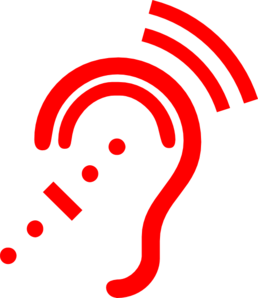Autosomal recessive hearing impairment has a relatively high carrier frequency and about 1/1000 newborns are affected by this disorder. It is a highly complex genetic disease relating to a large number of different chromosomal regions/genes. Mutations of the connexin26 (GJB2) and connexin30 (GJB6) genes are responsible for 50% of autosomal recessive hearing loss DFNB1. The 35delG mutation of the connexin26 (Cx26) gene accounts for ~90% of all mutations of the disease and has a carrier frequency of approximately 3.5% in the general population.
Non-syndromic hearing loss and deafness (DFNB1-GJB2, GJB6)

NOTE: Our laboratory participates with great success in the external quality assessment scheme organized by the European Molecular Genetics Quality Network (EMQN), which is periodically applied for non-syndromic hearing loss DFNB1.
We apply mutation detection of the entire connexin26 (GJB2) gene, using full bi-directional automated fluorescent DNA sequencing as well as testing for deletions of the connexin30 (GJB6) gene, covering in total >99% of mutations causing autosomal recessive non-syndromic hearing impairment DFNB1. For all prenatal molecular genetic testing, we perform analysis of polymorphic STR markers from a maternal blood sample and the fetal sample, in order to exclude any possible maternal cell contamination. Thus, for prenatal diagnosis, 1-2ml of a maternal blood sample should always accompany the fetal sample (amniotic fluid or CVS).